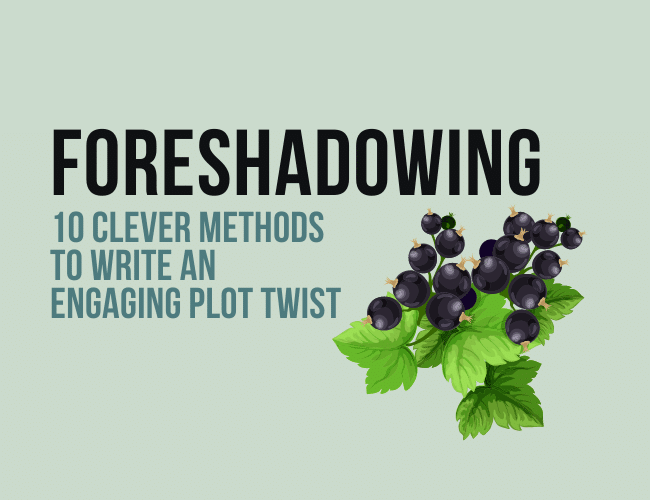
by Joslyn Chase |
Do you love a good murder mystery or thriller? Do you dream of creating a captivating and suspenseful book that will pull readers to the end and leave them tingling? Then you need to master foreshadowing.
If you answered yes, you probably realize that such a thing is no easy task. More than most any other genre, mystery novels, thrillers, and suspense stories invite the reader to actively participate in plot developments, using certain cues to predict outcomes.
That can be tough to accomplish.
The path to a finished product is full of pitfalls, but you can learn techniques to help carry you safely over them and complete a thrilling story you can be proud of.
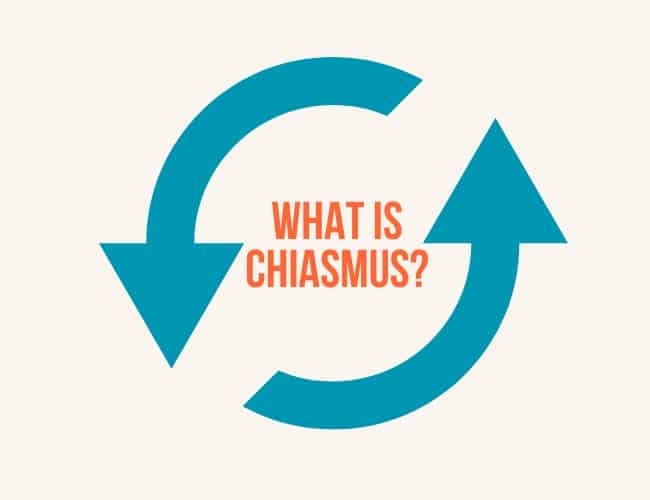
by Robert Harrell |
What is chiasmus?
We generally think of chiasmus as occurring at the sentence level, and this is where the figure of speech (and rhetorical device) is most obvious. However, chiasmus can be achieved over the course of a paragraph.
Let’s look at a definition and some examples.
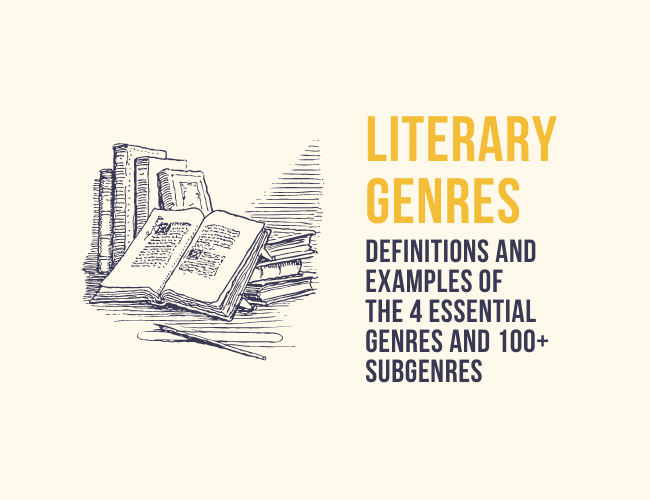
by Joe Bunting |
Genre matters, and by understanding how genre works, you not only can find more things you want to read, you can also better understand what the writer (or publisher) is trying to do.
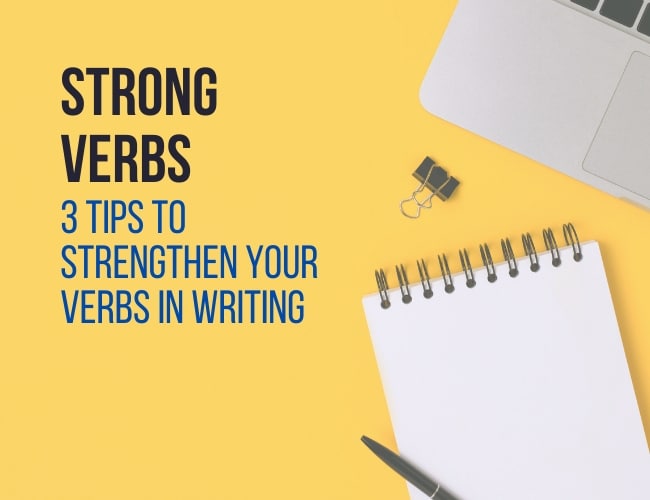
by Joe Bunting |
In this post, you’ll learn the three best techniques to find weak verbs in your writing and replace them with strong ones. We’ll also look at a list of the strongest verbs for each type of writing, including the strongest verbs to use.
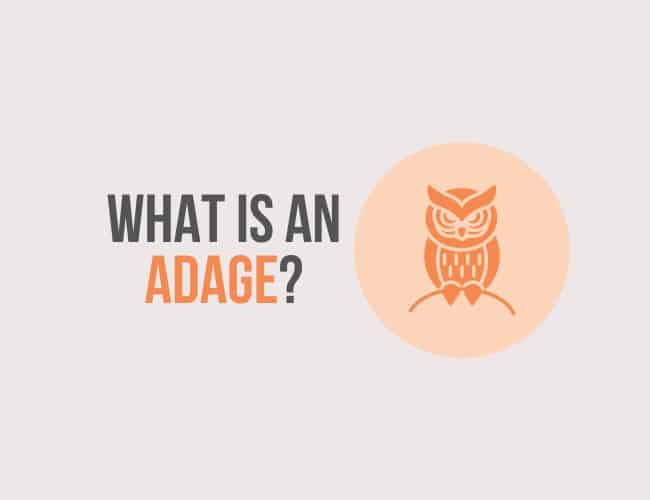
by Robert Harrell |
As humans, we turn to others for advice or accepted wisdom when we need help. But you can find examples of adages all around you. But what is an adage?
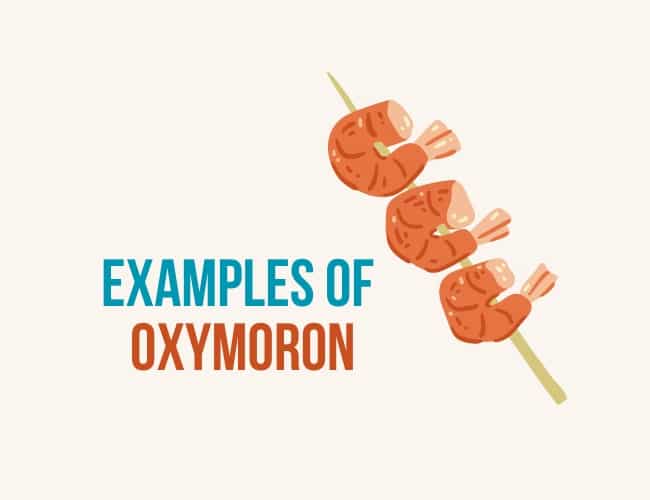
by Robert Harrell |
Do you know any wise fools? Have you ever seen a jumbo shrimp? Experienced a deafening silence? Tasted bittersweet chocolate? Found a picture pretty ugly? Declared something awful good?
If so, you’ve experienced or used an oxymoron. What, then is an oxymoron? Let’s take a look.








